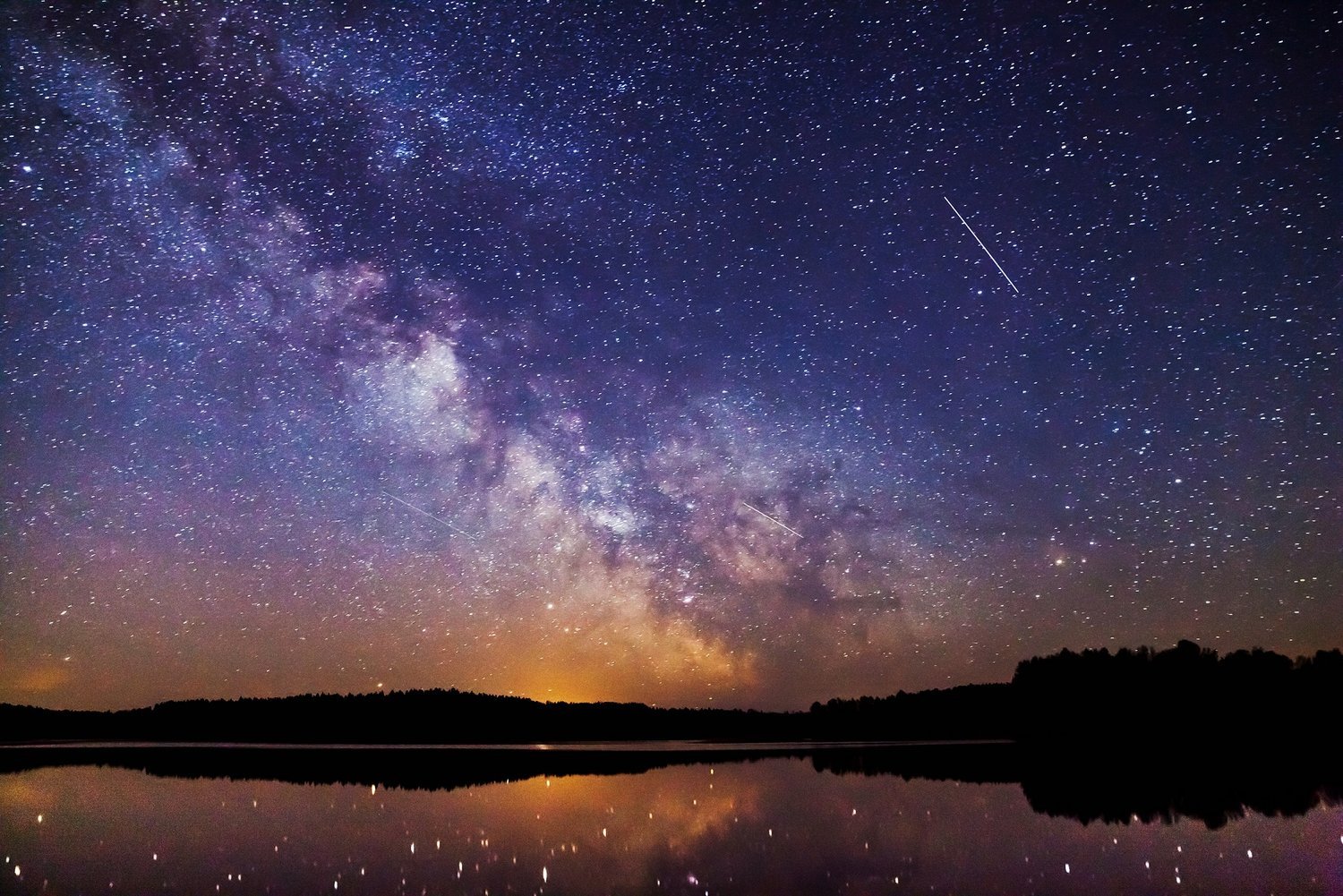Have you ever felt like you needed more sleep during the colder months? Most of us chalk it up to the cosy weather or shorter days, but research suggests there might be more to it.
Image Credit: takuya kanzaki via Shutterstock / HDR tune by Universal-Sci
It's no secret that many of us feel the need to sleep longer during the winter. And while we've known that daylight impacts our sleep-wake cycle, the specifics hadn't been fully understood until now. A study published in the peer-reviewed journal Frontiers in Neuroscience indicates that the way we sleep might indeed vary with the seasons.
The Influence of Seasons on Sleep
Researchers analyzed data from nearly 200 individuals with sleep issues. These participants took part in a sleep study where their natural sleep patterns were monitored, meaning they slept without being jolted awake by an alarm.
While the total hours of sleep didn't show a significant increase in winter, one fascinating discovery stood out: REM sleep, associated with processing emotions and information, lasted about 30 minutes longer in winter than in summer.
Although more research is needed, particularly among those without sleep problems, the findings suggest we might want to consider this seasonal variation when planning work and school schedules.
Light and Sleep
Our body clocks, whether we're night owls or early risers, are inherently influenced by the sun. As day lengths and light exposure fluctuate throughout the year, it could potentially alter the quality and duration of our sleep. This study has illuminated that even in urban areas, where sleep can often be disrupted, there's a noticeable increase in REM sleep during winter months compared to summer.
REM sleep, short for Rapid Eye Movement sleep, is a sleep phase characterized by vivid dreams, rapid eye movements, and temporary muscle paralysis. It is thought to be important for various brain fucntions, such as memory.
Dr. Dieter Kunz from the Clinic of Sleep & Chronomedicine in Berlin remarked that one of the most notable traits in human evolution is how little the seasons affect our behaviour. Yet, our study shows that sleep patterns do vary significantly across seasons, even in urban settings.
Using these findings to our benefit
Our current society often dictates when we wake up, primarily because of work or school obligations. However, understanding these seasonal variations in sleep might prompt beneficial changes. For now, sleeping a bit earlier during winter could be a simple way to align better with our natural tendencies.
All living beings on Earth have some form of seasonality. While our behaviours may remain constant, our bodies react differently during winter, sometimes making us feel drained. Societies might need to reevaluate sleep patterns or even work and school timings to accommodate these seasonal sleep needs.
In essence, next time you feel like hitting the snooze button a few more times during winter, remember that it might just be your body's natural response to the season!
Sources and further reading:
Why listening to music close to bedtime is a bad idea (Universal-Sci)
Daylight saving time vs. standard time, which is better for our sleep? (Universal-Sci)
A good night's sleep starts during the day - 10 simple tips to improve sleep quality (Universal-Sci)
Seasonality of human sleep: Polysomnographic data of a neuropsychiatric sleep clinic (Frontiers in Neuroscience)
Too busy to follow science news during the week? - Consider subscribing to our (free) newsletter - (Universal-Sci Weekly) - and get the 5 most interesting science articles of the week in your inbox
FEATURED ARTICLES:







The way you prepare your vegetables affects their nutritional value. What is the healthiest method to prepare them?